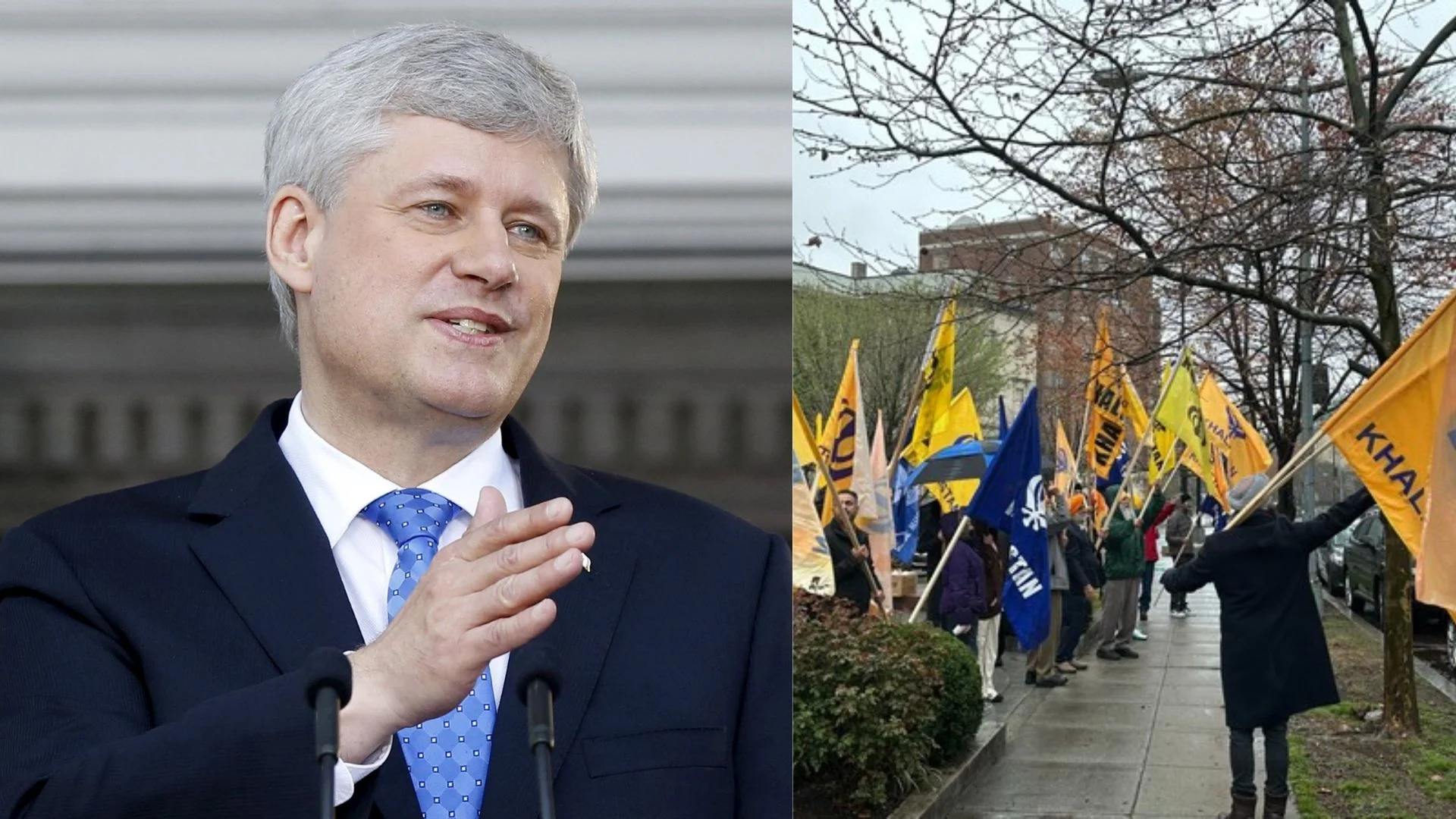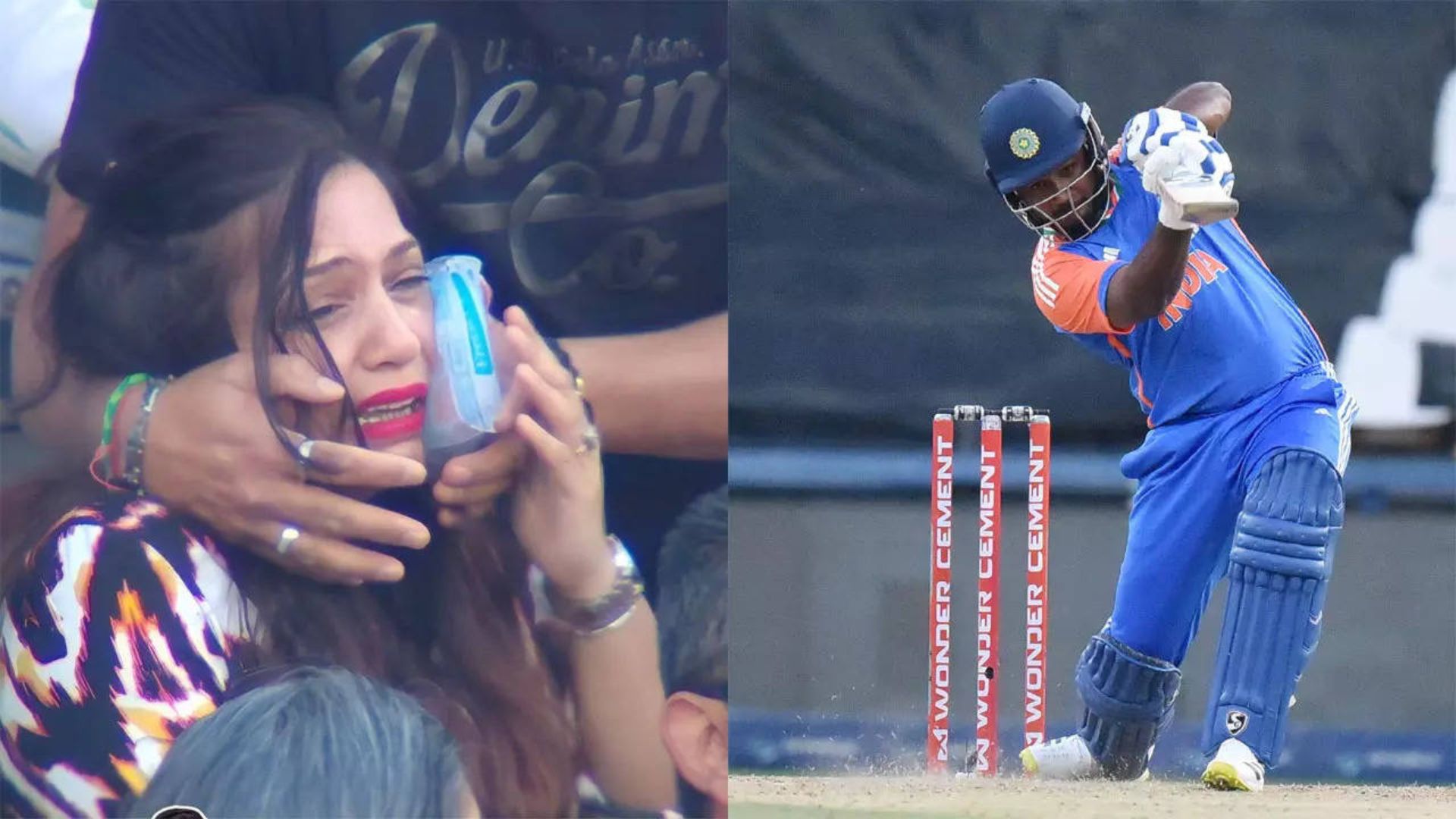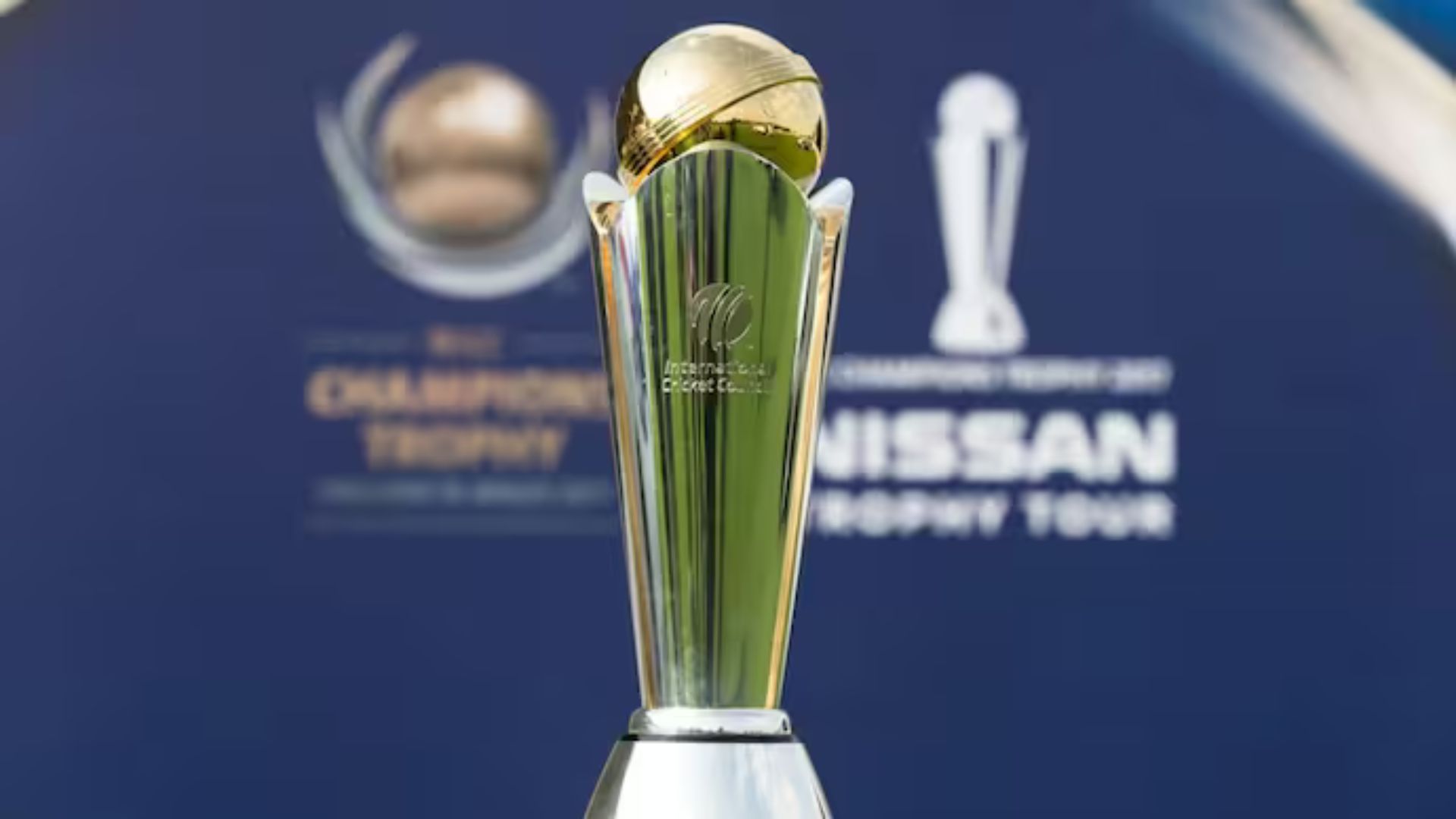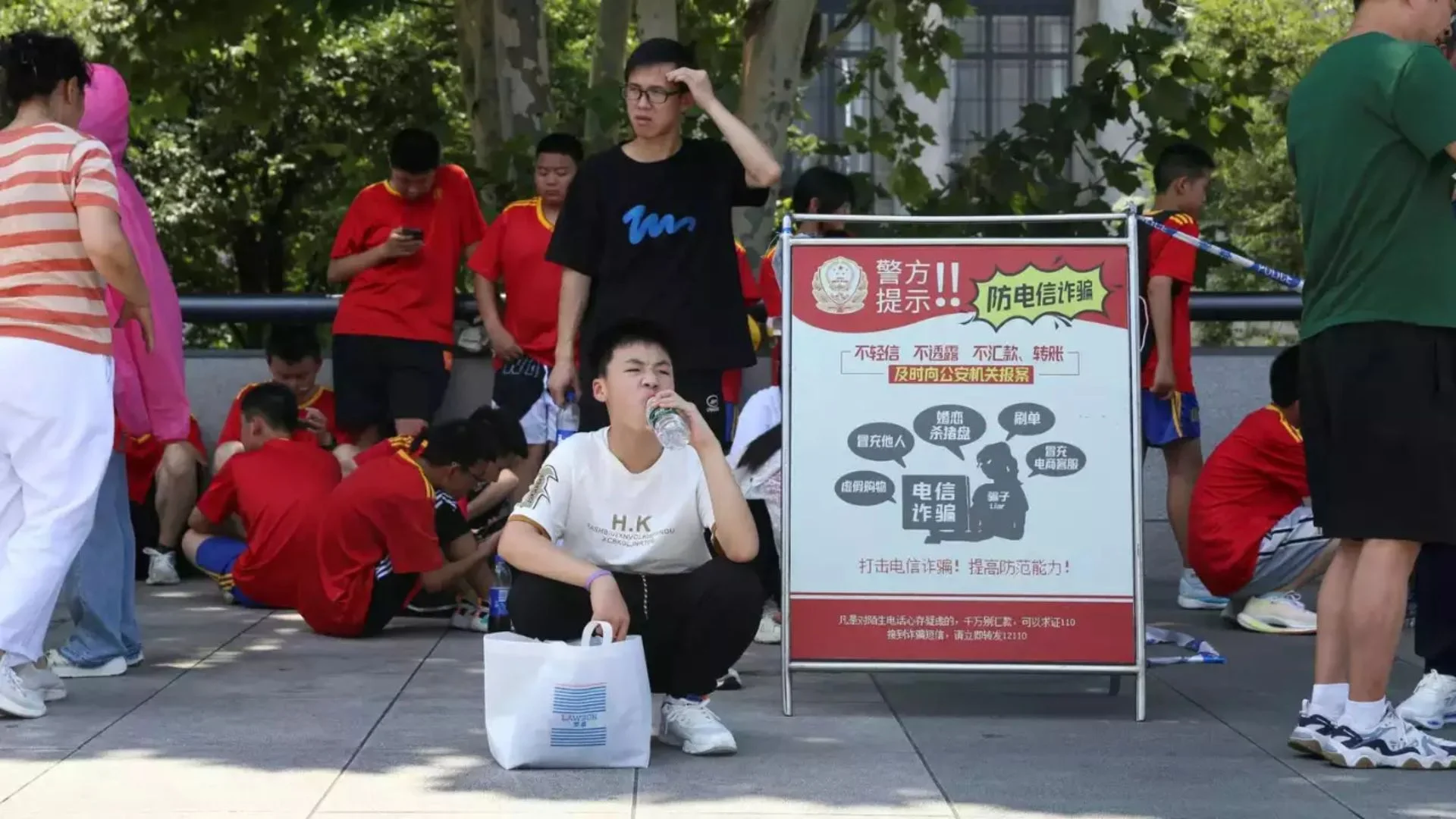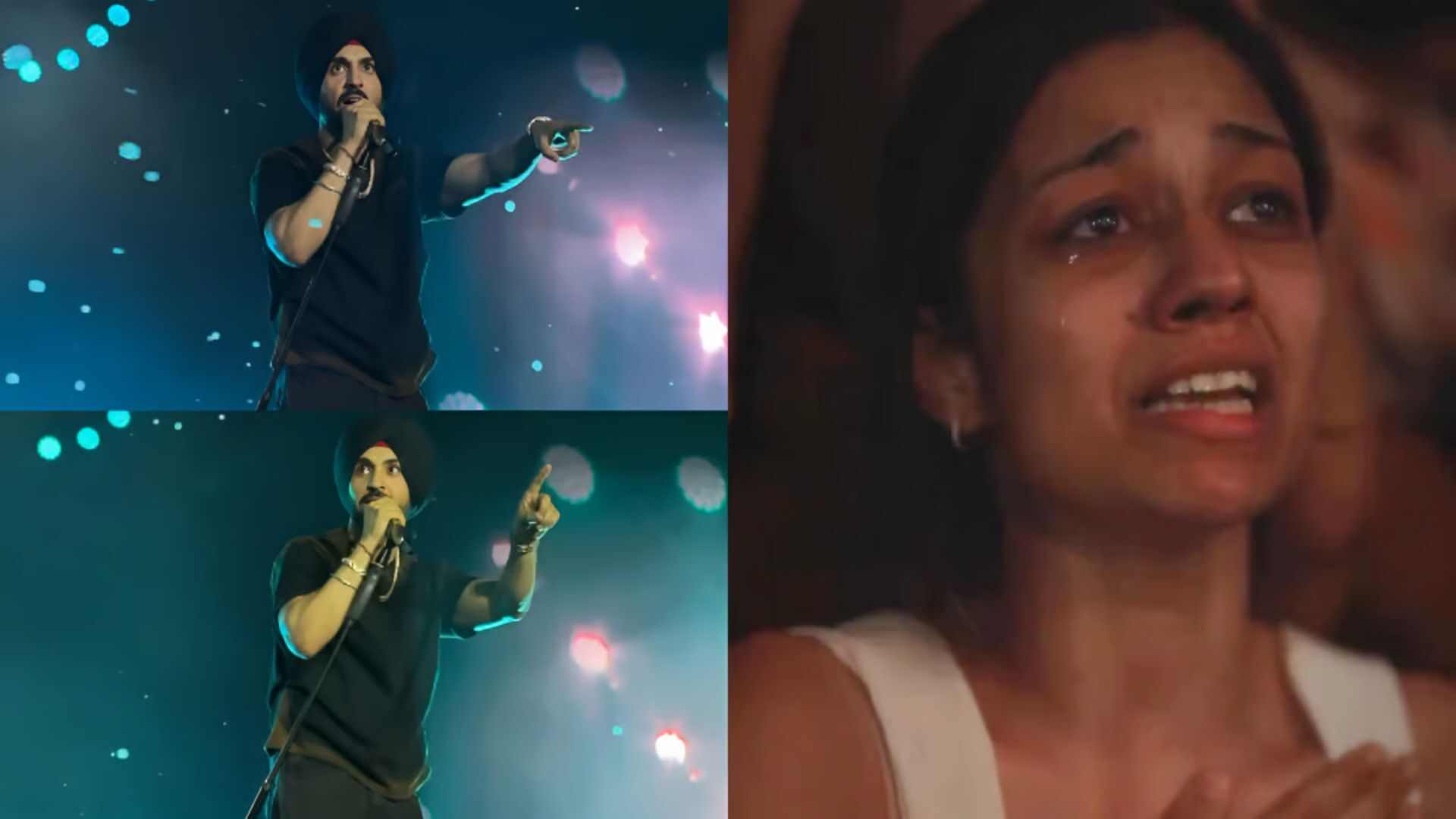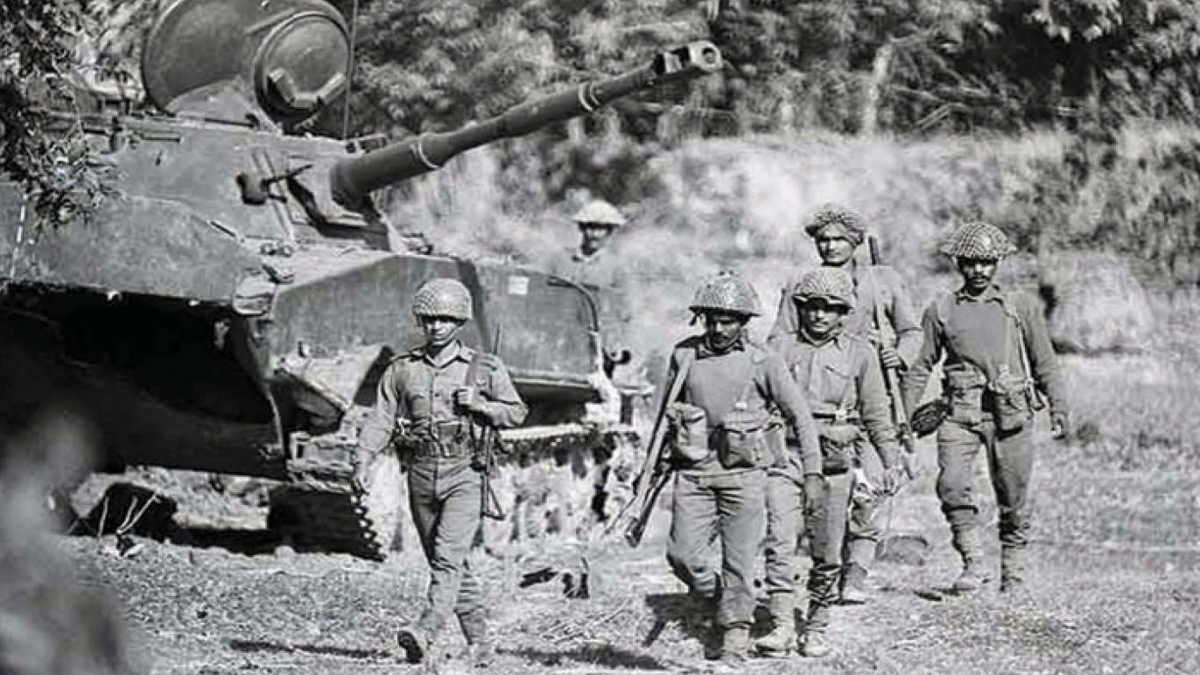
India’s most emphatic victory in the war theatre took place, exactly 50 years ago when our armed forces led by three legendary chiefs and inspired by Prime Minister, Indira Gandhi, arguably the greatest mass leader of the 20th century, vanquished Pakistan. This resulted in the creation of Bangladesh, and ended the atrocities of the Pakistani Army, mostly from the western part, on the civilian population of what was till then, East Pakistan. This was also the only time when such a triumph by one Nation over the other, took place during the peak of the cold war, when without the approval of the two Super Powers, no country could take independent decisions. Indira Gandhi was aware that US President, Richard Nixon was not inclined to halt the mass murders and rapes of innocent people by the Pakistani Army, and thus decided to go by the strategic advice provided to her by her close aides and the three service chiefs. India was bearing the brunt of the Pakistani actions, which were triggered because of the victory of Sheikh Mujibur Rehman in the national elections; it meant that the power would shift to the Bengalis thus depriving the Punjabis, who called the shots in that country, if the democratic principles were to be followed. Zulfiquar Ali Bhutto, who had emerged as the villain for his country even in 1965, coaxed General Yahya Khan to teach the Bengalis a lesson. Sheikh Mujibur Rehman was imprisoned, and the Pakistani forces, mostly comprising Punjabi officers, went on a virtual carnage in East Pakistan.
In fact, more people were killed by the Pakistan Army in what is now Bangladesh, than the number of people who were massacred during the unfortunate partition of India in 1947. Millions of Bengalis trooped into India, creating an unprecedented situation, where it was becoming extremely difficult to save our economy. The world stood there as a silent spectator, describing the conflict in East Pakistan, as the internal affair of a country. Indira Gandhi, had made up her mind, and her trusted aide, Ram Nath Kao, who was heading the R&AW, swung into action and started secret operations by funding and arming the Mukti Bahini. The then Prime Minister summoned General (later Field Marshal) Sam Manekshaw, an iconic soldier, and asked him to prepare for an armed showdown.
The perceptive Chief of Indian Army said that he needed time to prepare and started his work immediately. Air Chief Marshal PC Lal and Admiral SM Nanda, were both a part of an integrated military plan, and the three wings, debated on the timing of the operation. Sensing that India was about to launch an attack on Pakistani forces, the US President sent in the seventh fleet to the Bay of Bengal to warn the Indian Prime Minister. It was at that point of time, that the Soviet Union, came to our help and its nuclear submarines tailed the US Aircraft Carrier, Enterprise, to neutralize that threat. The astute Indira Gandhi, had got into a Pact with Leonid Brezhnev to ensure our own security from the other Super Power. It was in early December, 1971, Indira Gandhi, called Sam Manekshaw, and inquired about the preparedness. She said that the war should end in less than 18 days, the time taken when Mahabharat was fought.
Rest is history. India achieved the impossible and 93,000 Pakistani soldiers led by Lt.General AAK Niazi, surrendered in Dhaka on December 16th. A grateful Nation paid tributes to our heroes, who included, Lt. Generals, Jagjit Singh Aurora, JFR. Jacob, Inder Gill, Suban Singh Uban, Ian Cardozo and Brigadier Kuldip Singh Chandpuri amongst others, who made it possible for this to happen. The gallantry of our soldiers such as Nirmaljit Singh Sekhon, Lt. Arun Khetrapal, Captai MN Mulla and many more were also recalled. The victory remains, one of the most classic military actions witnessed in the post-world war era and it was possible because of our far-sighted Service Chiefs, who fought the Pakistanis in an integrated display of brotherhood. The details of the Indian win are the subject matter of any military text, in military schools and Defence establishments. The country salutes its armed forces.
